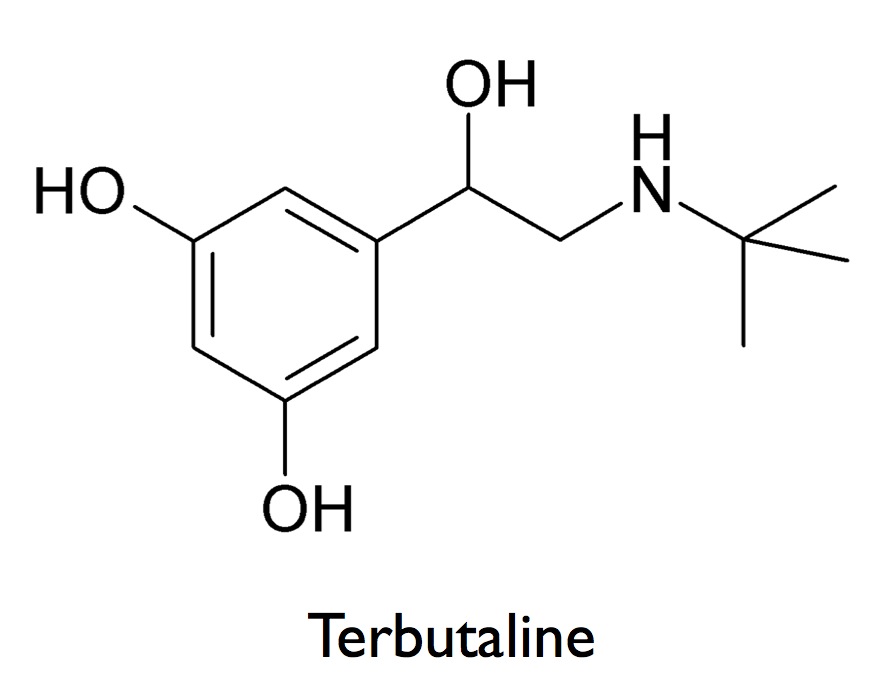
How can today's wired, multitasking scientists ever compete with the great scientists of the past? One feature of Darwin's work as a scientist was that it proceeded slowly, very, very slowly. He wrote massive groundbreaking books, compiled huge amounts of data on orchids, barnacles, and Galapagos animals, but all over a long period of time. Scientists in Darwin's day had hours to kill on long voyages, took long walks out in the field, and waited while their scientific correspondence leisurely wended its way across oceans or continents.
Even in the first half of the 20th century, great scientists are famous for what they accomplished on long walks, hiking trips, and train rides. Niels Bohr would walk for hours around Copenhagen and come up with groundbreaking ideas, while Werner Heisenberg spent weeks every year hiking in the mountains. Even Richard Feynman, working in our more modern (but still pre-internet) era, insisted on long blocks of time to concentrate; he likened his thought process to building a house of cards, easily toppled by distraction and difficult to put back together.
Does that mean the kind of science we do in our overscheduled, multitasking world will never be the same as it was in the past? Certainly in one sense it won't - earlier generations of scientists had one distinct advantage we don't have today: Servants.
 Melville on Science vs. Creation Myth
Melville on Science vs. Creation Myth Non-coding DNA Function... Surprising?
Non-coding DNA Function... Surprising? Yep, This Should Get You Fired
Yep, This Should Get You Fired No, There Are No Alien Bar Codes In Our Genomes
No, There Are No Alien Bar Codes In Our Genomes











